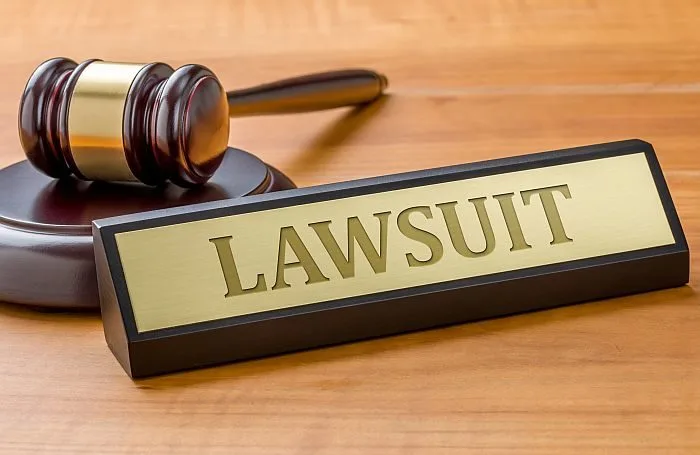Dog bites can have serious consequences for victims, leading to physical injuries, emotional distress, and financial costs. In the United States, dog bite lawsuits are increasingly common, with over 4.5 million people bitten by dogs annually, according to the American Veterinary Medical Association. While many incidents are minor, severe cases often prompt legal action to secure compensation. This article provides a comprehensive overview of dog bite lawsuits, from understanding liability and the steps involved to the types of damages that victims may seek.
Determining Liability in Dog Bite Cases
The rules governing dog bite liability vary significantly by state, generally falling under one of three main doctrines: strict liability, the “one-bite rule,” and negligence standards.
1. Strict Liability – In states with strict liability laws, dog owners are held responsible for injuries caused by their dog, regardless of prior knowledge of aggressive behavior. This rule applies in most states, with owners liable even if the dog had never previously bitten or shown aggression. Strict liability typically applies to bites occurring in public spaces or private areas where the victim had a right to be, such as a guest on the owner’s property.
2. One-Bite Rule – The one-bite rule, still upheld in a few states, requires that owners be aware of their dog’s dangerous tendencies before they can be held liable. In essence, if a dog has previously shown aggressive behavior or bitten someone, the owner is expected to prevent further incidents; failure to do so can lead to liability.
3. Negligence – Some states apply negligence standards, requiring the victim to demonstrate that the owner failed to exercise reasonable care in controlling the dog. This can involve scenarios like failing to use a leash or allowing the dog to roam freely in high-traffic areas. Negligence-based liability is also common in cases where strict liability does not apply or if the dog’s aggressive behavior resulted from specific owner actions (or lack thereof).
Steps to Take After a Dog Bite Incident
Taking appropriate steps following a dog bite can have a significant impact on both health and legal outcomes:
- Seek Medical Attention – Immediate medical care is crucial. Even minor bites can lead to infections or complications, and medical records serve as vital evidence in a legal claim.
- Report the Incident – Reporting the bite to local authorities or animal control helps create an official record, which supports any potential legal action and aids in community safety by identifying potentially dangerous dogs.
- Document Evidence – Collecting evidence is essential. Take photos of injuries and the scene, and gather witness statements. If possible, obtain the dog owner’s contact and insurance information.
- Consult a Personal Injury Attorney – An experienced attorney can provide valuable guidance, negotiate with insurance companies, and, if necessary, file a lawsuit to seek compensation for damages. Legal representation is especially important if liability is contested.
Types of Compensation in Dog Bite Lawsuits
Victims of dog bites can seek compensation to address a range of damages, including:
- Medical Expenses: This covers costs for emergency care, surgery, rehabilitation, and any ongoing medical treatments.
- Lost Wages: If the injury impacts the victim’s ability to work, they may seek compensation for current and future lost income.
- Pain and Suffering: Non-economic damages may be claimed to compensate for physical pain and emotional distress from the incident.
- Property Damage: If any personal items were damaged during the incident, their repair or replacement costs could be recovered.
Common Defenses in Dog Bite Lawsuits
Dog owners may raise several defenses to avoid liability. These include:
- Provocation: If the victim provoked the dog (by hitting or taunting it), the owner may argue that they are not liable.
- Trespassing: Owners may avoid liability if the victim was trespassing on their property at the time of the bite.
- Assumption of Risk: Some defenses argue that the victim knowingly assumed the risk of a dog bite, especially in contexts like veterinary care or grooming.
These defenses highlight the importance of a detailed account of the incident and the need for solid evidence to counter potential challenges.
Case Examples and Settlement Outcomes
Dog bite settlements can vary widely based on the case specifics. For instance:
- Johnson v. Smith: A young girl who sustained severe injuries from a neighbor’s dog received a $250,000 settlement to cover medical expenses, future treatments, pain, and emotional distress.
- Hernandez v. Garcia: A postal worker attacked by a loose dog settled for $180,000, with compensation for lost wages, pain, and post-traumatic stress.
- Thompson v. Green: A jogger attacked by an off-leash dog in a public park settled for $300,000, reflecting the long-term impact on his physical health and ability to participate in activities he enjoyed.
Conclusion
Dog bite lawsuits require a clear understanding of liability laws, immediate documentation, and thorough evidence collection. For victims, consulting a knowledgeable personal injury attorney can help navigate complex legal and insurance processes to secure fair compensation. With dog bite incidents increasingly recognized for their severity, such lawsuits not only address individual recovery but also reinforce responsible pet ownership and public safety


